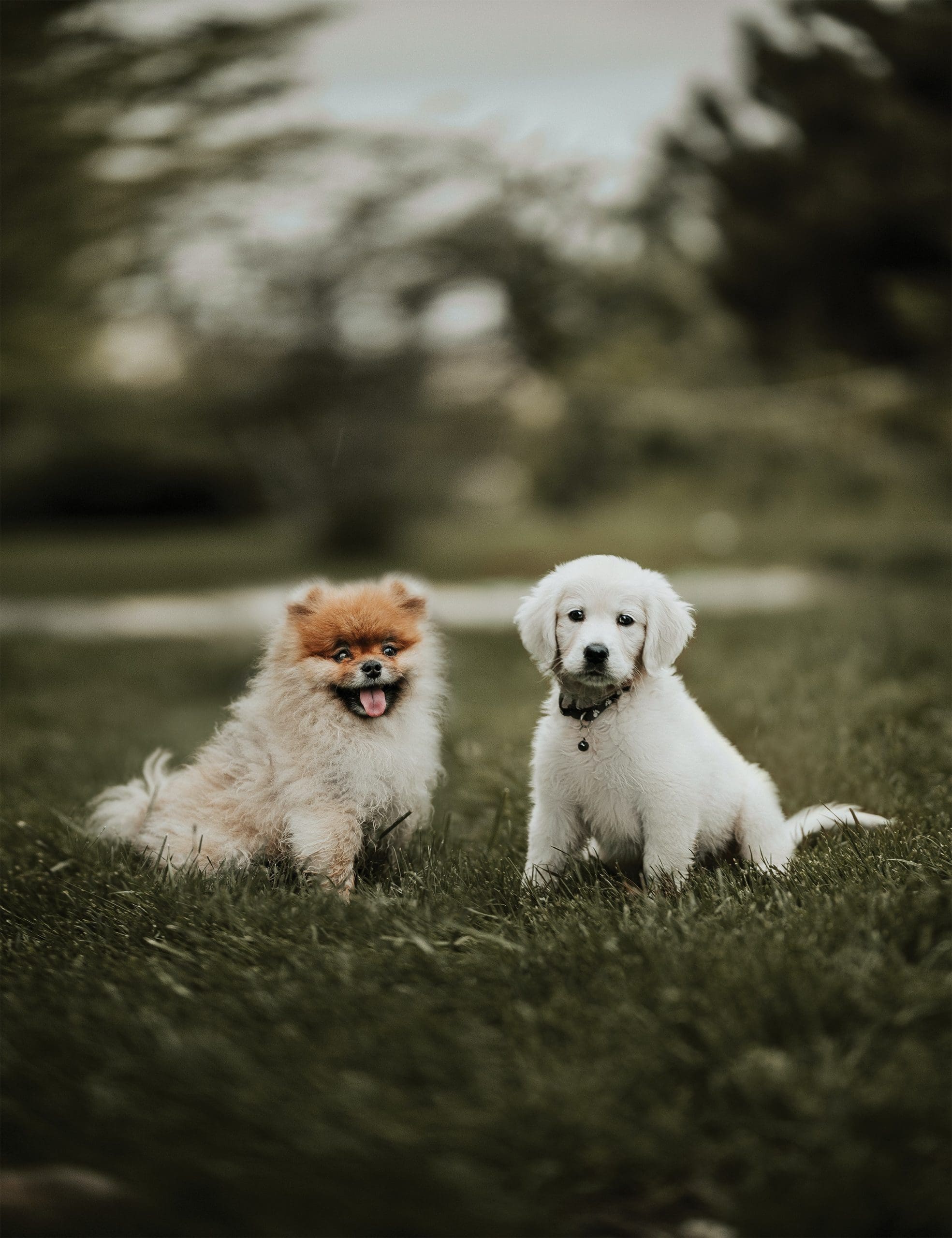If you’re a dog owner, you may find yourself puzzled when your furry friend suddenly starts hiccupping. Those little spasms can be charming and amusing, but they also raise questions about your dog’s health. Why do dogs get hiccups? Are they normal? Should you be concerned? Let’s explore the reasons behind these quirky hiccups and how to manage them.
What Causes Hiccups in Dogs?
Hiccups occur when there’s an involuntary contraction of the diaphragm, followed by a quick closure of the vocal cords, which produces that distinct “hic” sound. Just like humans, dogs can experience hiccups, which are often benign. However, the frequency and context can differ from one dog to another.
Puppies, in particular, seem to hiccup more often than adult dogs. This is likely due to their playful nature and rapid growth. When puppies are excited, they tend to gulp air while playing, eating, or drinking, which can lead to hiccups. This is a natural part of their development and usually resolves itself quickly.
Hiccups in Adult Dogs
Adult dogs can also hiccup, but it may happen less frequently. These episodes might occur after a meal, during periods of excitement, or even while sleeping. If your dog has just enjoyed a hearty meal or is playing energetically, you might notice those little hiccups making an appearance. In most cases, hiccups in dogs are harmless and temporary.
When to Worry
However, there can be instances when hiccups are more concerning. If your dog experiences prolonged hiccupping or if it’s accompanied by other troubling symptoms like coughing, gagging, or signs of distress, consulting a veterinarian is wise. Continuous hiccups could indicate underlying health issues, such as gastrointestinal problems or respiratory concerns. If hiccups persist for an extended period, seeking professional advice is essential to rule out any significant issues.
Nighttime Hiccups
Many dog owners wonder why their dogs get hiccups at night. Dogs tend to be more relaxed when settling down for bedtime, which can lead to hiccups during this time. If your dog has eaten a large meal before sleeping or is experiencing dreams, it might trigger those little spasms. While it can be startling to hear your dog hiccuping at night, it’s generally nothing to worry about unless it’s persistent or accompanied by other symptoms.
Managing Hiccups
If you’re looking for ways to alleviate dog hiccups, there are several gentle methods to try. Encouraging your dog to drink water can help. Sipping water might relax the diaphragm and alleviate hiccups. Additionally, calming your dog through soothing petting or a gentle massage can help ease the spasms.
Another approach is to distract your dog. Engaging them in a different activity can sometimes break the pattern of hiccups. Playing with a toy or going for a short walk can shift their focus and potentially stop the hiccups.
Observing Behavior
While hiccups can be cute, they are generally a normal part of dog life. Most dogs will hiccup from time to time. As a pet owner, it’s essential to observe the situation. If hiccups become a common occurrence or seem to cause your dog distress, consider reaching out to a veterinarian for a closer look.
Understanding why dogs get hiccups can help alleviate any anxiety you may feel when you hear those little sounds. Instead of worrying, enjoy the funny and endearing moments that hiccups can bring. Dogs, like humans, have quirks and behaviors that are unique to them, and hiccups are just one of those characteristics.
Hiccups After Eating
You might wonder why your dog has hiccups after eating. This can happen if your dog eats quickly or consumes a large amount of food in one sitting. Some dogs tend to gulp their food, leading to air being swallowed alongside their meal. If you notice this occurring frequently, consider using a slow feeder bowl to encourage more mindful eating. This can help reduce the risk of hiccups and improve your dog’s digestion.
Creating a Calm Environment
In rare cases, if hiccups become a frequent occurrence, it might be worth discussing with your veterinarian. They can help determine if there’s an underlying issue that needs attention. However, for the most part, hiccups are just a quirky part of dog behavior that many owners encounter.
Watching a puppy hiccup while playing or snuggled up next to you can bring a smile to your face. While it’s essential to be attentive to your dog’s health, finding joy in these silly moments can enhance your bond with your pet.
So, the next time your dog starts hiccupping, take a moment to appreciate this quirky behavior. It’s a reminder of their playful spirit and a sign that they’re healthy and happy. Hiccups are just one of the many ways our dogs express themselves, adding to the rich tapestry of their personalities. Embrace those moments, and don’t hesitate to share the amusing hiccup stories with fellow dog lovers. After all, it’s these little quirks that make our canine companions so special.



